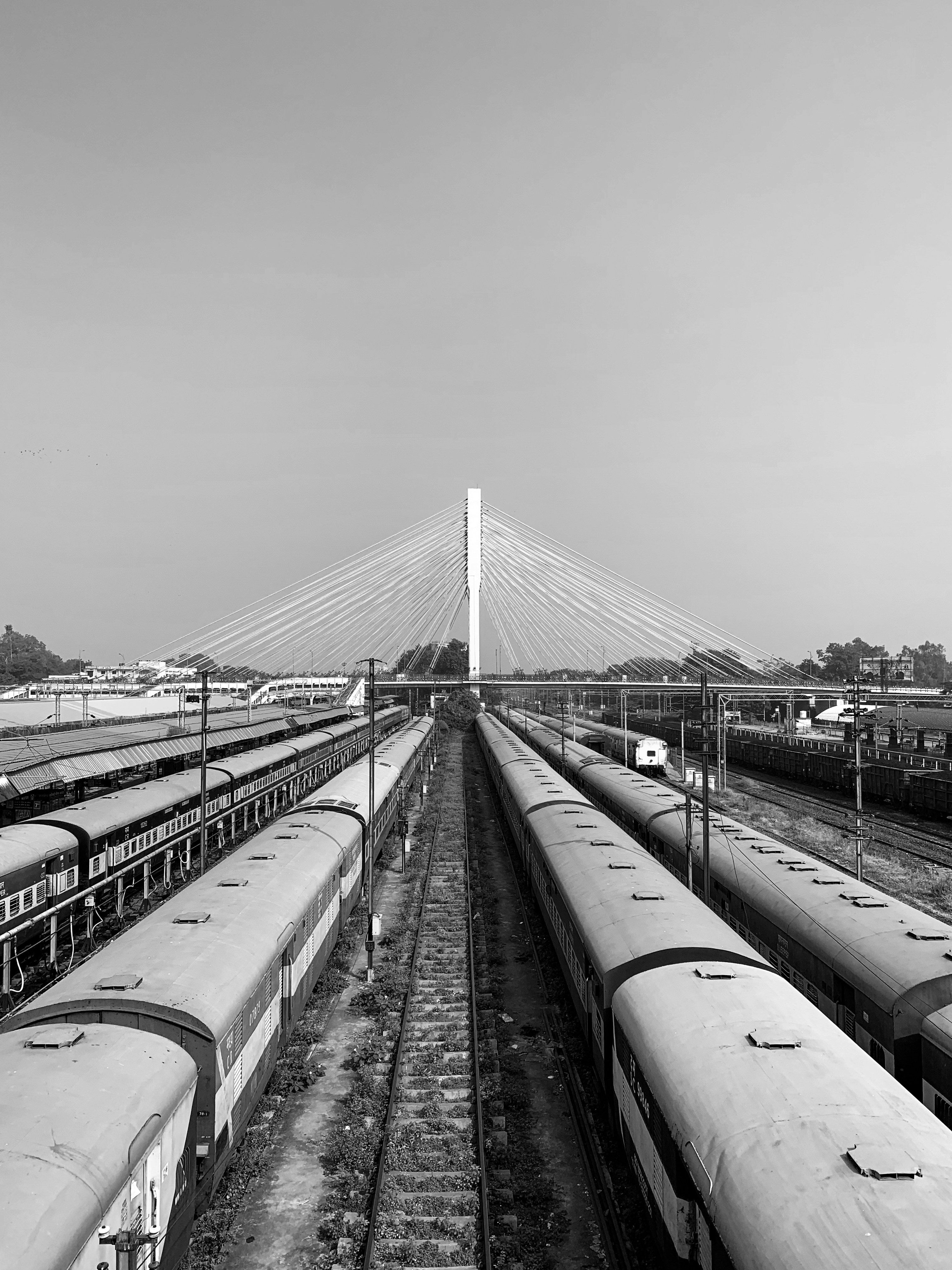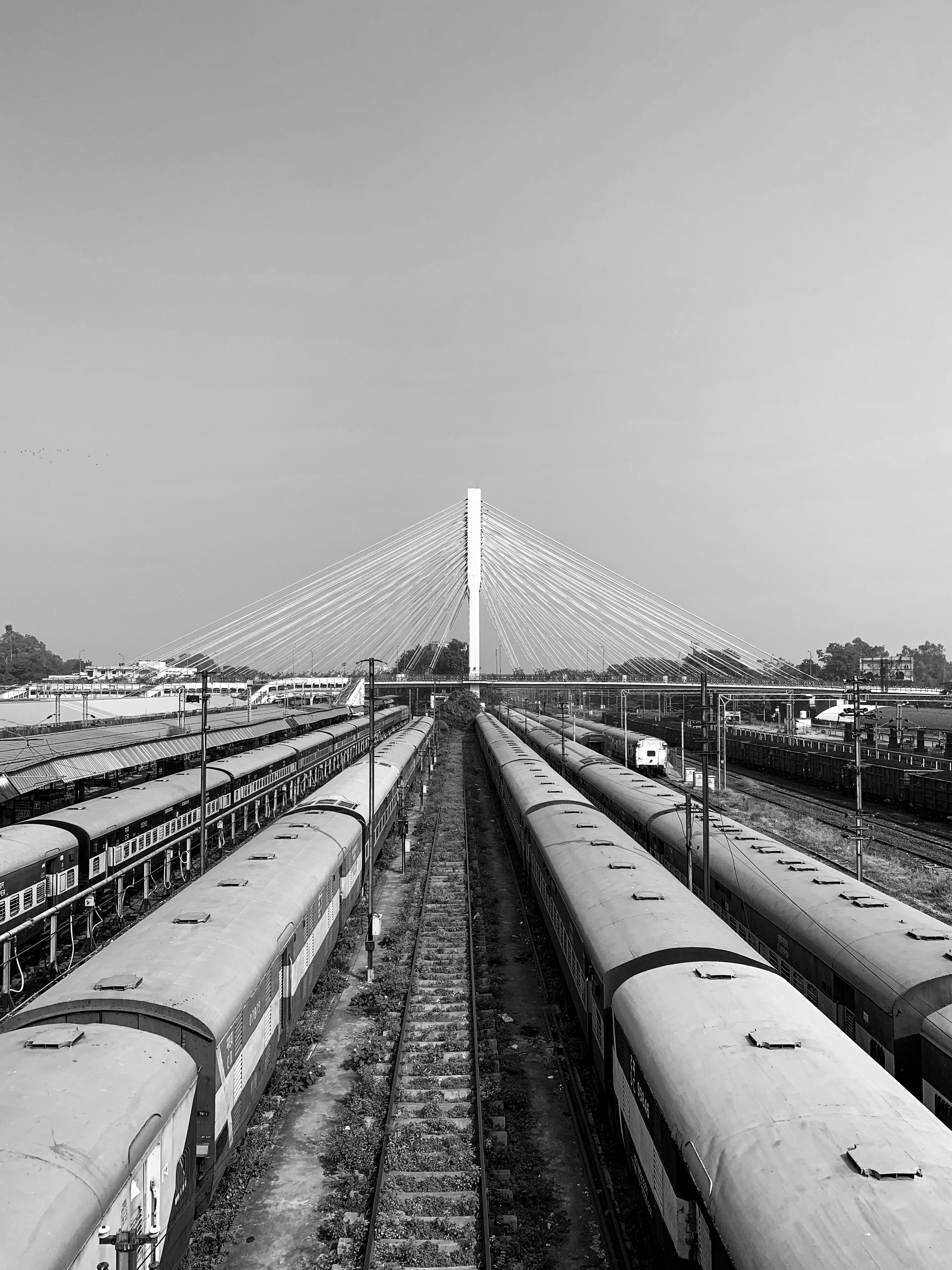Introduction
Over the years, Nagpur has evolved into a city that embodies the dreams and aspirations of its people. With a population of over 2 million, it is a melting pot of cultures, traditions, and ideas. The city’s rich history dates back to ancient times, with evidence of human settlement found in the surrounding areas. From being ruled by various dynasties to being a part of the British Empire, Nagpur has witnessed the rise and fall of empires, leaving behind a legacy that is still evident in its architecture and cultural practices.
Commercial and Industrial Center
Today, Nagpur stands tall as a major commercial and industrial center, contributing significantly to the economy of the region. With a thriving textile industry, manufacturing units, and a growing IT sector, the city offers ample opportunities for employment and entrepreneurship. Its strategic location at the crossroads of major national highways and railways has made it a transportation hub, connecting various parts of the country.
Cultural Heritage
But Nagpur is not just about business and industry. It is a city that values its cultural heritage and takes pride in its art, music, and literature. The city is home to numerous historical monuments, museums, and art galleries that showcase its rich cultural past. The annual Nagpur Mahotsav, a festival that celebrates the city’s cultural diversity, attracts artists and performers from across the country, making it a vibrant and colorful event.
Education and Innovation
Education is also a key aspect of Nagpur’s growth story. The city is home to several prestigious educational institutions, including universities, colleges, and research centers. These institutions not only provide quality education but also contribute to the overall development of the city by nurturing young minds and fostering innovation.
Sustainable Development and Environmental Conservation
Furthermore, Nagpur has been at the forefront of sustainable development and environmental conservation. The city has implemented several initiatives to promote renewable energy, waste management, and green spaces. The sprawling Ambazari Lake and the picturesque Futala Lake are not only popular recreational spots but also serve as important ecosystems, attracting a variety of bird species.
Theater, Music, and Art
Nagpur is not just a city of festivals and food, but also a hub for various art forms. The city has a thriving theater scene, with numerous theaters hosting plays and performances throughout the year. From traditional Marathi dramas to experimental contemporary productions, Nagpur offers a wide range of theatrical experiences for theater enthusiasts.
In addition to theater, Nagpur is also known for its vibrant music scene. The city has produced many renowned musicians and has a strong classical music tradition. Classical music concerts, featuring renowned artists, are regularly held in Nagpur, attracting music lovers from far and wide.
Art lovers can also explore the numerous art galleries and exhibitions that showcase the works of local and national artists. Nagpur’s art scene is diverse, with a mix of traditional and contemporary art forms on display. From paintings and sculptures to installations and mixed media art, there is something to suit every artistic taste.
Architecture and Crafts
The cultural diversity of Nagpur is also reflected in its architecture. The city is home to a blend of architectural styles, ranging from ancient temples and forts to colonial-era buildings. The iconic Deekshabhoomi, a Buddhist monument and pilgrimage site, is one such architectural marvel that draws visitors from all over the world.
Nagpur’s cultural heritage is not limited to festivals, food, and art. The city also takes pride in its traditional crafts and handicrafts. Handloom weaving, pottery, and metalwork are some of the crafts that have been passed down through generations in Nagpur. Visitors can explore local markets and shops to purchase intricately crafted textiles, ceramics, and metalware, supporting the local artisans and their craft.
Education, Innovation, and Sustainability
Nagpur’s commitment to education and innovation extends beyond its prestigious institutions. The city has also established various research and development centers, fostering collaboration between academia and industry. These centers serve as incubators for cutting-edge research and provide a platform for knowledge exchange and technological advancements.
Furthermore, Nagpur’s focus on education and innovation has created a conducive environment for startups to flourish. The city offers numerous resources and support systems to budding entrepreneurs, including co-working spaces, mentorship programs, and funding opportunities. This has led to the emergence of a vibrant startup ecosystem, with startups in various sectors such as technology, healthcare, and agriculture making significant contributions to the city’s economy.
In addition to its educational and entrepreneurial endeavors, Nagpur is also dedicated to sustainable development and environmental conservation. The city has implemented various initiatives to promote renewable energy, waste management, and green infrastructure. For instance, Nagpur has invested in solar power plants to meet its energy needs and has implemented a comprehensive waste management system to minimize its environmental footprint.
Moreover, Nagpur’s commitment to sustainable development is evident in its urban planning and infrastructure projects. The city’s Smart Cities Mission aims to leverage technology and data to improve the quality of life for its residents. This includes initiatives such as smart transportation systems, efficient waste management, and the use of digital technologies to enhance governance and citizen engagement.
Nature and Wildlife
Not only does Nagpur offer opportunities for growth and development, but it also serves as a gateway to a world of adventure and exploration. With its proximity to national parks and wildlife sanctuaries, the city provides nature enthusiasts with a plethora of options to indulge in their love for the great outdoors.
One such destination that attracts visitors from far and wide is the Tadoba Andhari Tiger Reserve. Spanning an expansive area of 1,727 square kilometers, this reserve is a haven for wildlife lovers. The star attractions of the reserve are undoubtedly the Royal Bengal Tigers, whose regal presence never fails to leave visitors in awe. However, the reserve is also home to a diverse range of other animal species, including leopards, sloth bears, and Indian bison. Embarking on a safari through the reserve is a thrilling experience, as it offers a rare opportunity to witness these magnificent creatures in their natural habitat.
For those seeking a more tranquil and serene experience, the Pench National Park is a must-visit destination. This park, which served as the inspiration for Rudyard Kipling’s timeless classic “The Jungle Book,” is renowned for its serene surroundings and rich biodiversity. As visitors explore the park, they are greeted by a mesmerizing blend of lush greenery, glistening water bodies, and a wide array of flora and fauna. The park is a paradise for birdwatchers, with its numerous species of birds that call it home. From vibrant kingfishers to graceful peacocks, the park offers a visual treat for avian enthusiasts.
Moreover, Nagpur’s strategic location places it within close proximity to several bird sanctuaries, further enhancing its appeal for birdwatchers. These sanctuaries are teeming with a wide variety of bird species, providing ample opportunities for enthusiasts to observe and study these winged creatures in their natural habitats. The city truly serves as a haven for avian enthusiasts, offering them a chance to immerse themselves in the beauty and serenity of nature.
Enter your email to get the Latest Updated Exploring News and Topics
Discover more from atozexplore.com
Subscribe to get the latest posts sent to your email.







